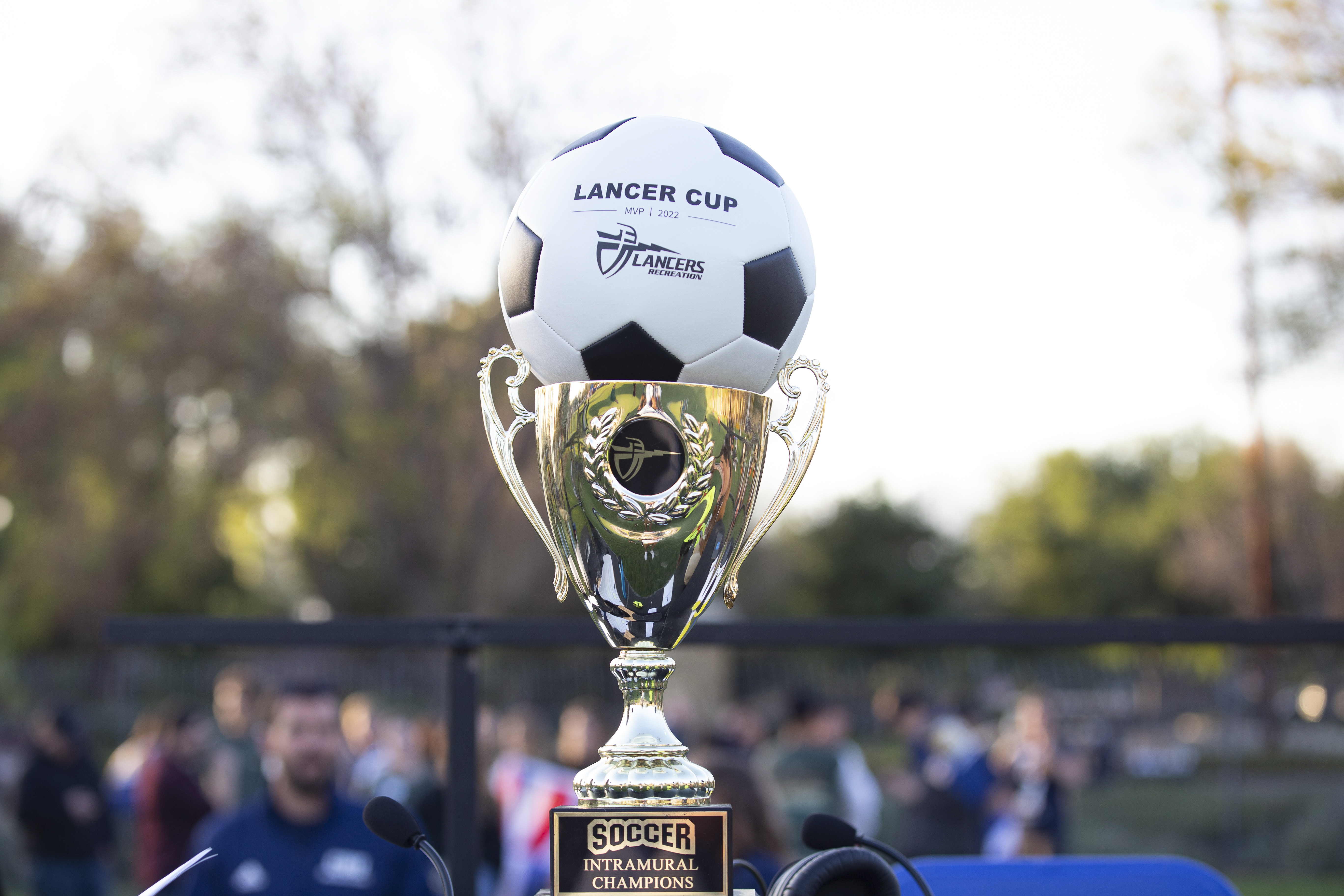
Everyone is familiar with sports in some way, shape or form. Many people have participated in sports, yet certain sports always have enjoyed a much larger fan base and support on campus. Is this purely due to marketing or something else entirely, such as culture?
Dr. Ed Garrett, professor of sport and performance psychology, believes it has much to do with the latter.
“Obviously, culture is going to have a big impact on what you gravitate towards, how you were raised, the environment you were raised in,” Garrett said. “If you had parents that went to every college football game, you’re probably going to grow up going to the same stuff. So culturally, you’re ingrained to think that way.”
Culture impacts how we view and regard sports. America is unique because we have more sports to choose from than other places, simply because America has a much larger sports market and can broadcast more unique and niche sports as well. This trickles down into college sports. Culture impacts what is marketed toward college-age students.
“We’ve all looked at ESPN, and chances are I’m going to see a football score, a current basketball score,” Garrett said. “I’m probably not going to see a cross-country or collegiate golf score, although I may because golf is on TV. More sports revenues are generated from TV, especially for football and basketball.”
Culture affects what sports we enjoy and identify with, affecting the experience students have on campus. We can also see a difference in how culture shapes our identities by seeing the popularity and role of sports in other countries. This is something many international students can relate to.
There is a reason why certain sports are popular here in America versus other countries.
“Why is soccer so strong in other countries? What else do they have to watch? I take a group of students to London every year, and one of the things we try to do is to meet with the NFL over there,” Garrett said.
“We talk about the NFL and its presence in the UK, and though it’s supported and enjoyed, it’s never going to overpower what we see from European football (soccer). They don’t have collegiate sports as we do.”
In contrast, America may have an oversaturation of sports that trickle into college. However, the availability of multiple sports allow us to choose from a wide variety of sports. Students bring their interests to campus, which helps shape the sports culture on campus and opens up new experiences for students in the process.
“You’re able to experience a lot of other avenues,” Garrett said. “Maybe you didn’t grow up with women’s volleyball. Well, you can now go watch that. You can experience that, be a part of that culture and decide if that is a culture you want to be a part of.”
Students are what ultimately dictate what is and is not popular. Students decide what they want to be included in their sporting experiences and what they do not want. The California Baptist University Crazies understand this best.
Jonah Baima, freshman radiology major, understands this aspect of sports culture on campus as a CBU Crazy. Building a cohesive campus culture can be challenging when dealing with obstacles that lead to less attention to some sports.
“People will come to sports, but sometimes games are off days,” Baima said. “Women’s basketball is on some weekdays, so it’s harder to come to those games. As a Crazy, we were supposed to be at those games but also to make that environment be for everyone. Just because we’re on the Crazies crew doesn’t mean no one else is a crazy. The whole point is that everyone is a Crazy. It’s not just us. It has to be everybody.”
The CBU Crazies aim to encourage as many students as possible to come to games for a variety of sports.
“We’re trying to do everything we can to get as many people as we can as possible,” said Asher Raquiza, freshman architecture major and member of the Crazies. “Students want to go to games that are very action-based. Our job is to incorporate people into as many games as possible.”
Raquiza also shared that the CBU Crazies’ plans to bolster support for teams on campus moving forward. For example, though Crazies do not normally attend baseball games, the crew is hoping to start attending more.


